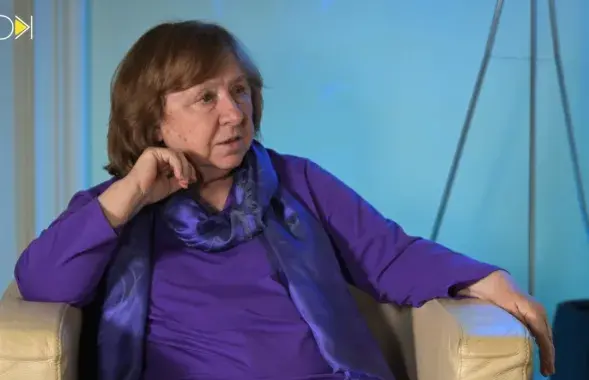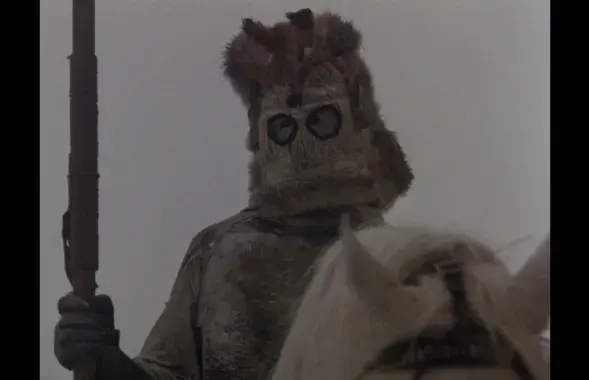How Belarusian Roma live six months after police crackdown
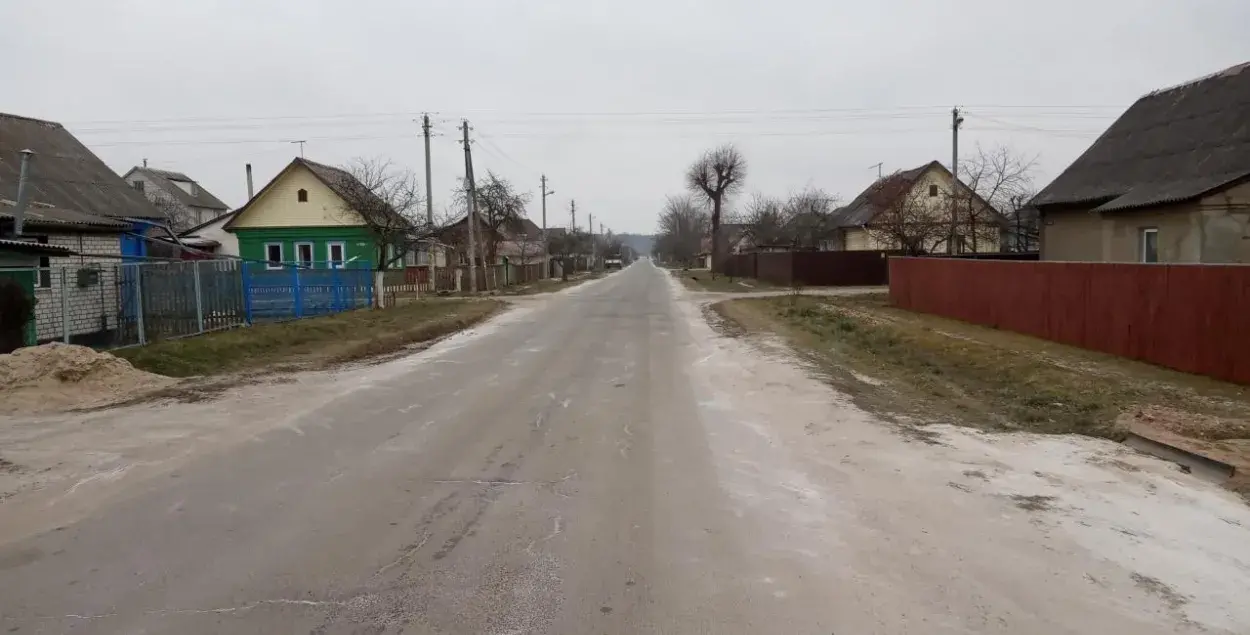
Ryzskaja Street in Capajeuka / Euroradio
“How come they have big houses if they do not work? They do not work, do not serve in the army, do not get married but end up getting flats at reduced prices as a social benefit because they have three kids. Two men from that house up there are now in jail for drug trafficking. They also have servants working for them,” an elderly woman tells Euroradio as we are speaking in Capajeuka, a neighborhood in Mahilou and a home to many local Roma.
We will get to know the ‘servants’ a bit later. They are local drunkards who work in Roma’s households.
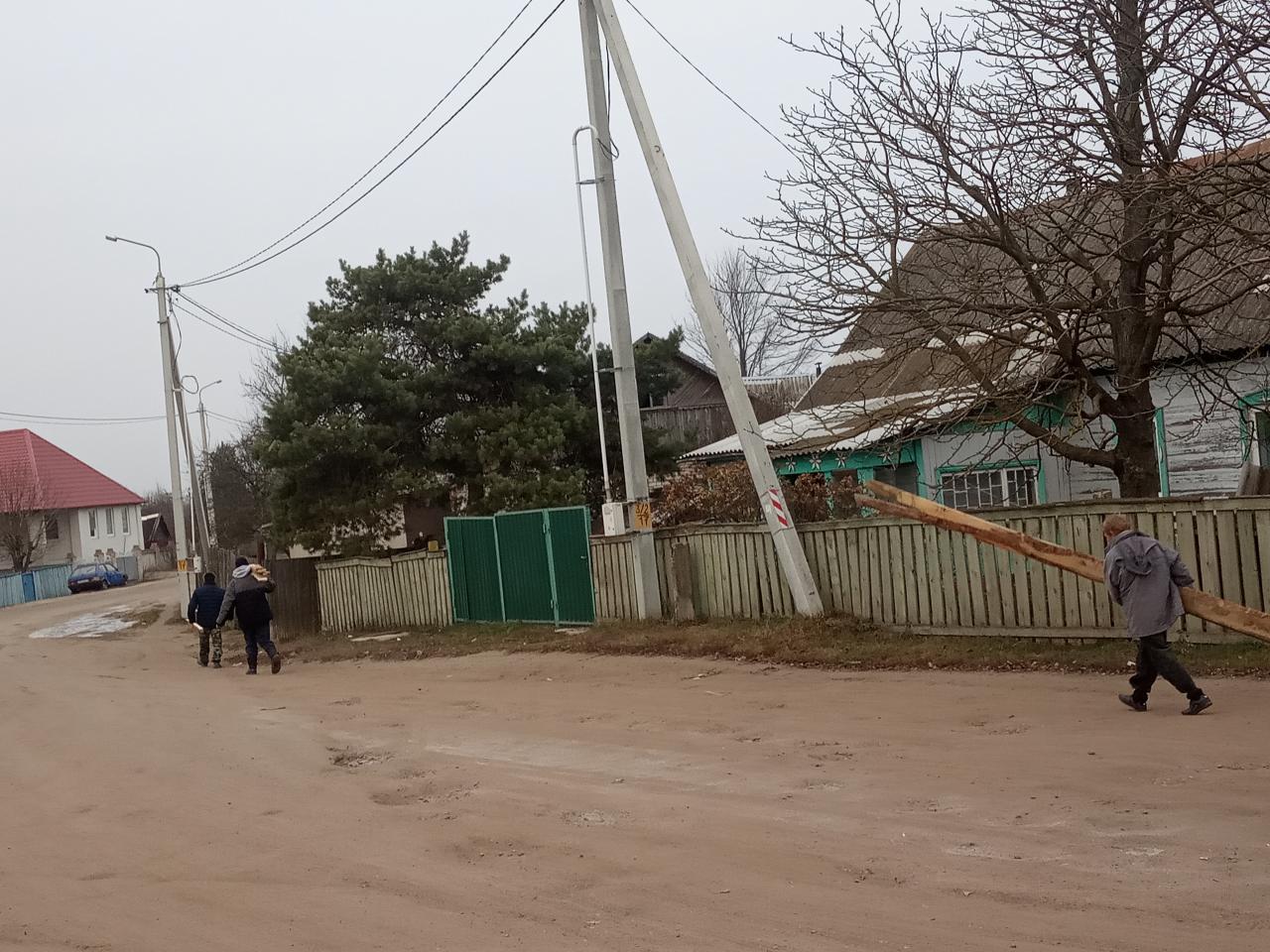
Capajeuka drew media attention six months ago when a traffic police inspector from Mahilou died in unclear circumstances. Investigators eventually concluded that Yauhen Patapovich had taken his own life but the police initially suspected the local Roma of kidnapping the officer. Capajeuka was raided. Special police units arrived on armored personnel carriers, detained and interrogated dozens of people. One woman had a heart attack and she died.
The situation forced a reaction from the highest level. The head of Presidential Administration, Natallia Kachanava came to the offended Roma and apologized. After her visit, the local Roma cut all the contacts with rights defenders and journalists. Is the life in Capajeuka back to normal now, six months after the crackdown? To find out, we simply go there and ask where the Roma live. The locals directed us to the ‘Gypsy shop’, which turns out to a standard Belarusian grocery.
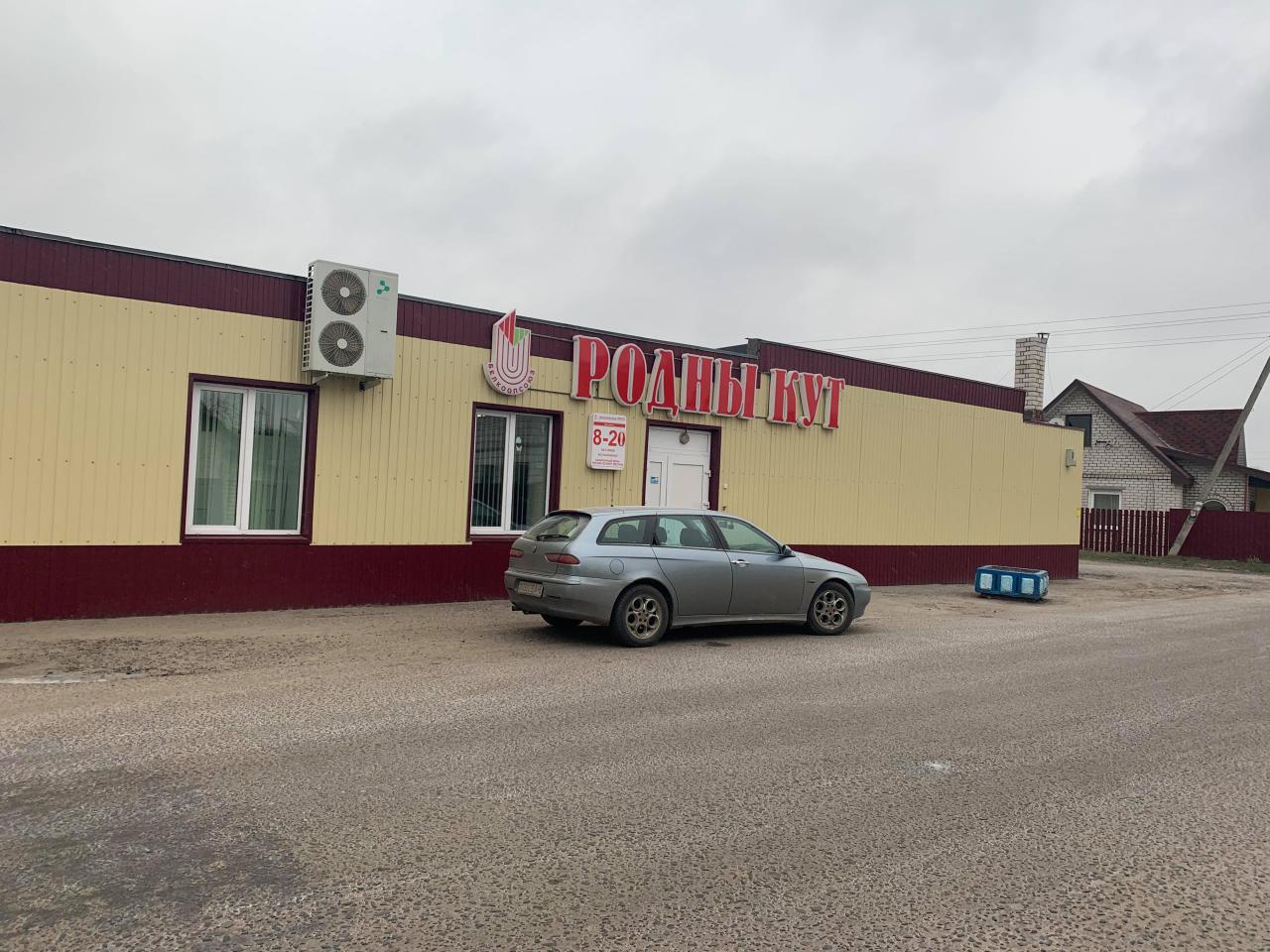
A sales attendant says Roma rarely come here, maybe only to buy bread, because they have no money just like before. The woman advises us to walk to Riga Street where Roma live and knock on any door.
“We live quietly; nobody has eaten us. I have worked here for a long time. Previously, Gypsies were a good source of income. Now, they may only come to buy bread and that’s it. Authorities have cracked down on their swindling… Some were forced to work as bus drivers or season workers,” she says.
Customers ask us to pay attention to big bricked houses where Roma live, they say.
Everyone refuses to take photos in Capajeuka
“That’s not necessary,” says Mikhail but agrees to chat with us a bit. Six months ago, he was detained as a suspect in the dead police officer case.
Where do you work?
In Russia. There are many of us working in Russia.
You have a big house.
The father-in-law built it.
What do you do? Is it hard to find a job if you are a Roma?
Many people work on construction sites. My niece graduated in banking, but banks do not take her on fears she is a Gypsy.
What is your life like after the mass detentions? Has anything changed?
I thank the president that he sorted everything out. I am for the president.
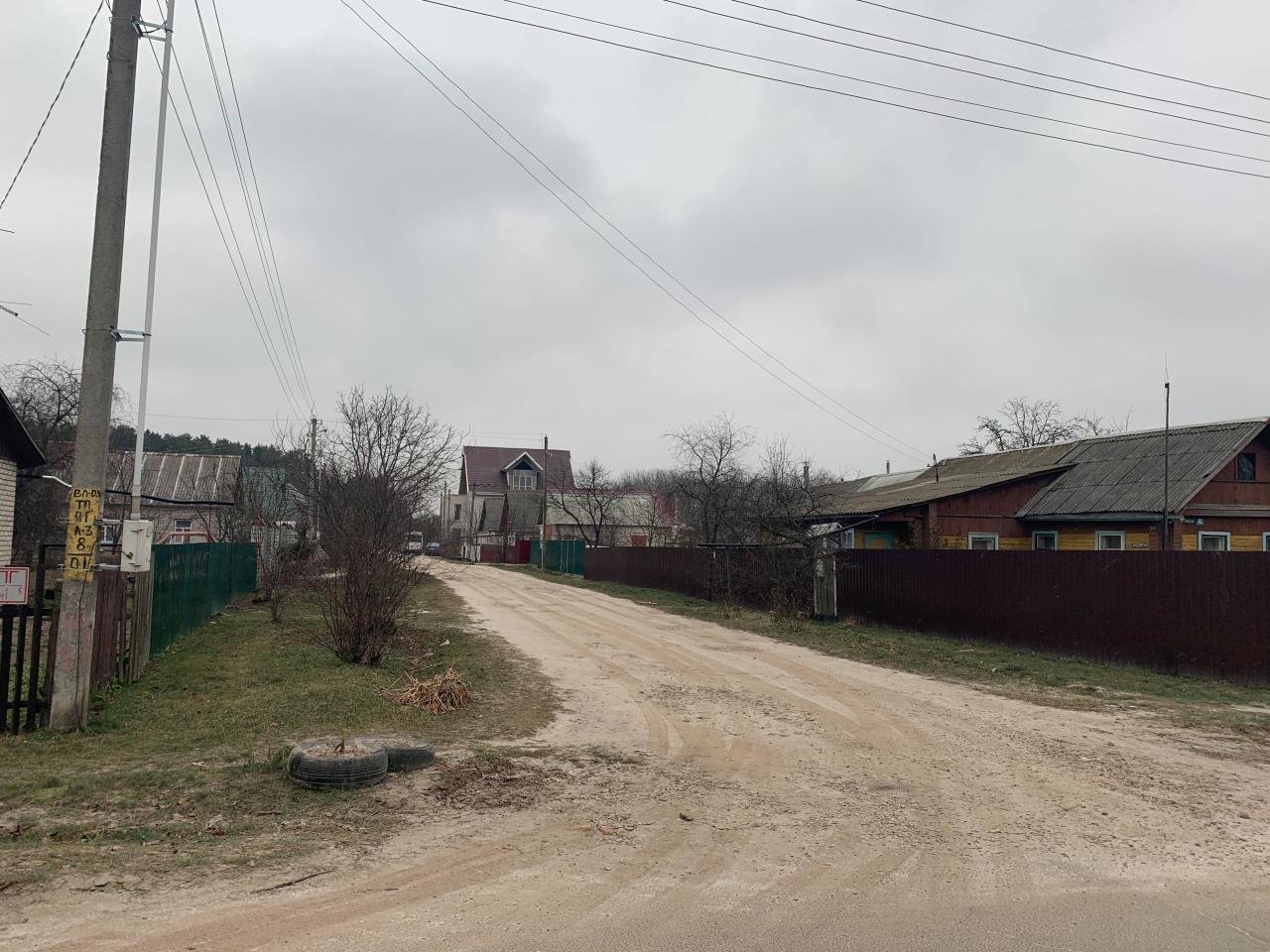
He is not a Baron, he is just a Baron’s son
On 22 June, Gypsy Baron Roman Baranouski aka Romka was detained. On 26 November, he stood trial on charges of drug trafficking under Article 328 (3) in the Criminal Code of Belarus. The hearings take place behind closed doors. If convicted, he may get up to 15 years in prison.
Romka’s mother, wife, and sister were not allowed in the courtroom. The women had to wait for the news from the defense attorney in a corridor. Their only hope is Natallia Kachanava. They would like to see her again so that she stands up for Roma once again. Well, they also hope for God.
“God, help us,” snivels the elderly Romani woman, adding that Roman is not a baron. In fact, his father was a baron, and Roman was simply made as a scapegoat.
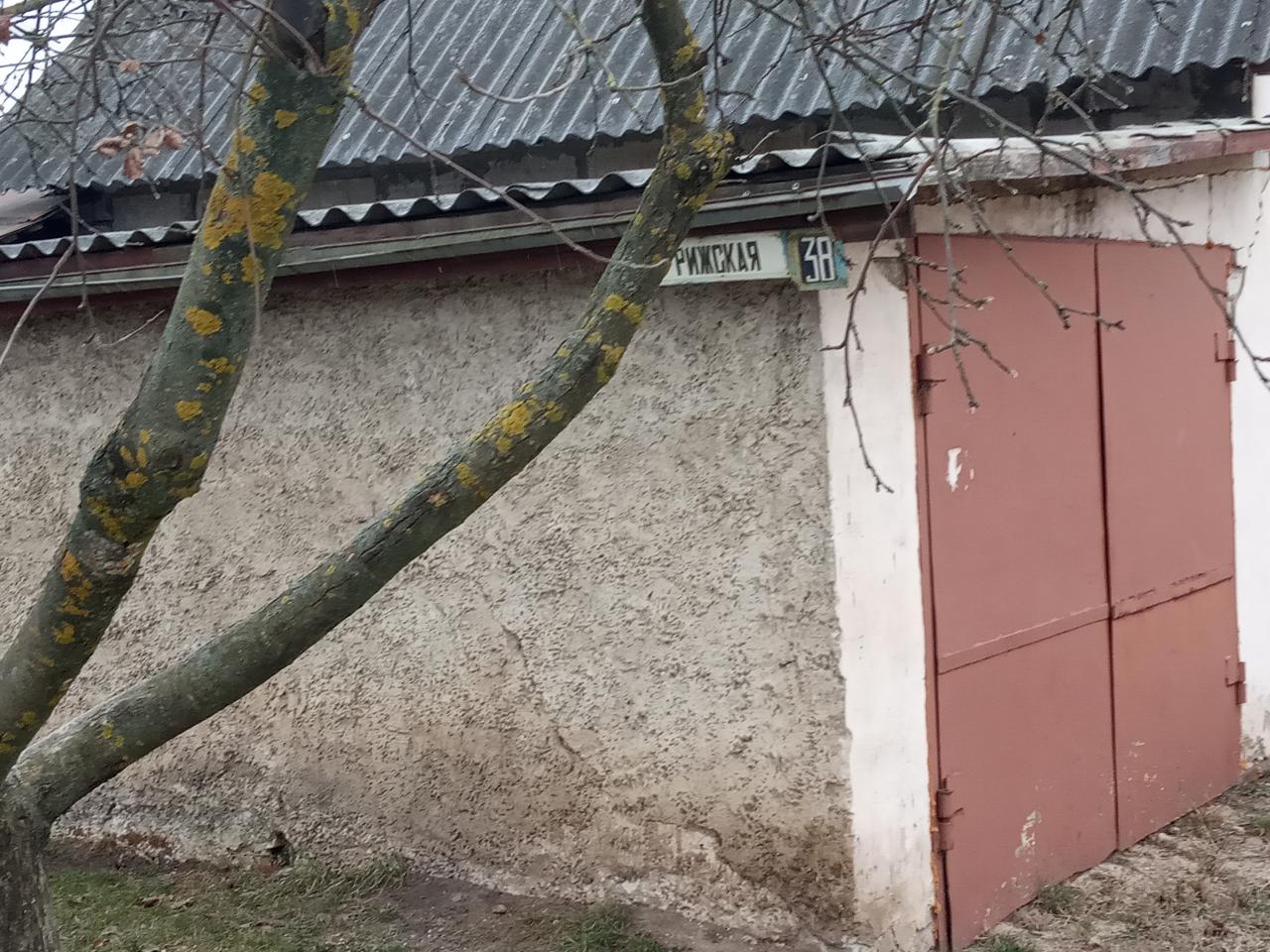
We ask if we can meet a real baron. We are directed to the neighboring Romani settlement Hrabianiova where six months ago the police detained Roma men too. Yafim Kazimirau aka Khimka, the nickname that has stuck with him since childhood, agrees to meet with us. He begins our conversation by stressing that he is not a baron but a baron’s son
Khimka invites us into his house, where he tells us that after Natallia Kachanava’s visit the local authorities started helping Roma. The baron’s son personally met with officials who asked about the problems Roma had, unemployment the biggest of them. After the meeting, the local unemployment center started to offer job vacancies to Roma.
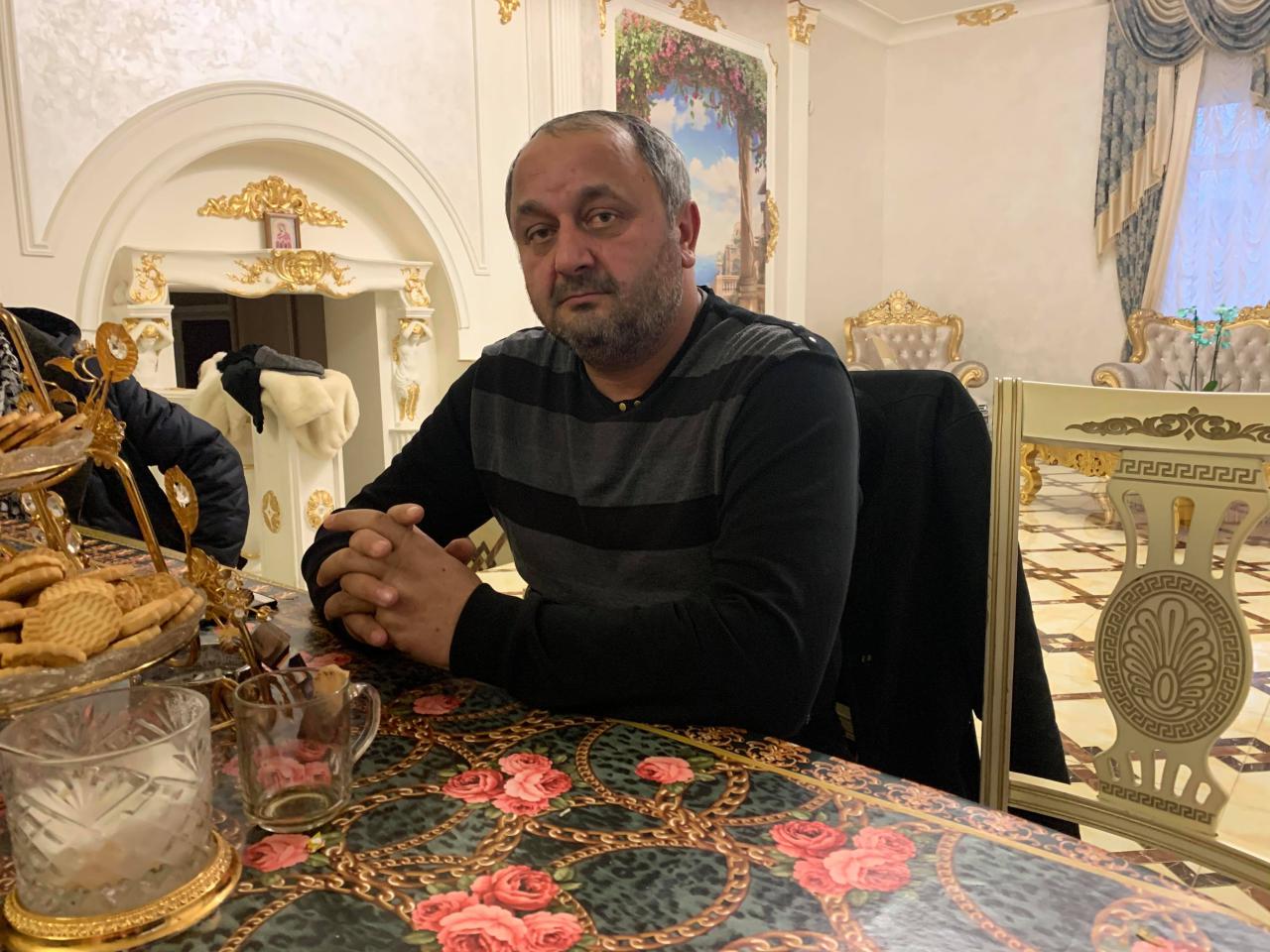
When Kazimirau told the officials that his main trade was farming, they offered him to “take” a couple of collective farms. But the man reckoned that he did not need loss-making enterprises and asked land from the officials instead.
Is it true that all Belarusians are drunkards?
Jafim Kazimirau remembers very well the events last May when people were detained and locked up in cells. He also has a good word about Natallia Kachanava.
“They started to treat us in a good way [after Kachanava’s visit] not only from the side of the police. Local folks too quickly realized that it was a misunderstanding. You know as the saying goes, they got us as scapegoats. But the police should not try to put every blame on Khimka… They even visited the prison and offered some people to cut their terms 3-5 years on condition they provided some evidence on me. Why me?
The stereotype is that all Roma steal and deal in drugs. But let me ask you: is it true that all Belarusians are drunkards?” Jafim says.
When asked, if Roma feel negative treatment from their neighbors Belarusians or maybe jealousy over their big houses, Jafim says that the majority of Belarusians sympathized with the Roma during the police crackdown.
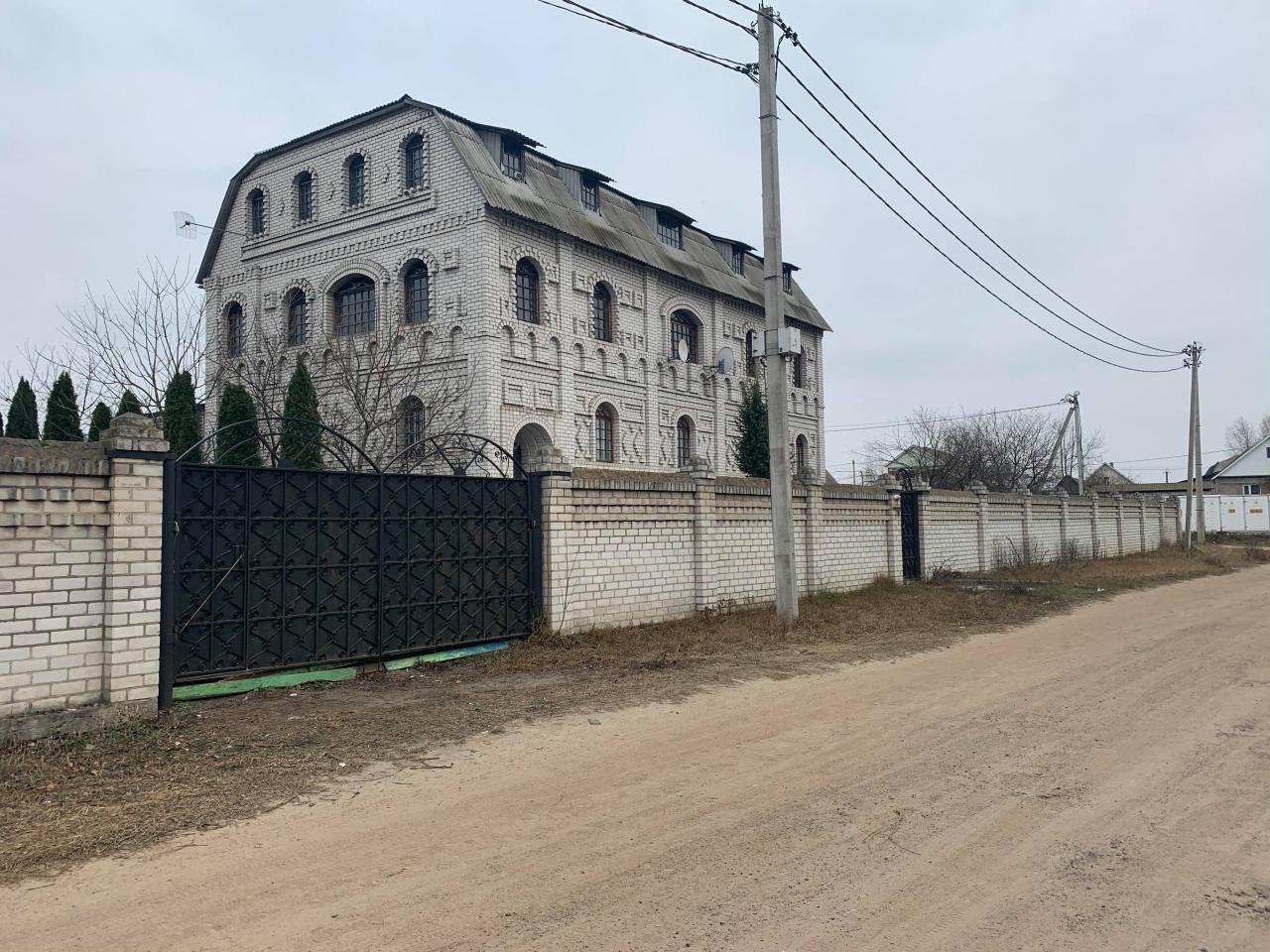
“Well, people differ. Some have jealousy. Roma always seek maybe not luxury but a good car or a good horse. This has always been in Roma’s,” Yafim says.
Do Roma try to evade army service as it is often said? … The friend of baron’s son Piotr was silent for the most part of the conversation but gets furious after such a question.
“This is not true! I served in the army. My father and my grandfather were soldiers. They do not serve now because how can they go to the army if Roma men at the age of 18 already have three children?” says Piotr.
“Police abused Roma, their children”
“My passport says that I am Ukrainian by my ethnicity because we are Roma from Ukraine. We have always tried to hide the fact that we are Roma. All our life, we have been outcasts just like Jews,” the baron’s son continues.
We continue talking about the life of Roma in Belarus. It is clear that relations between Roma and the Belarus police are a painful issue to Jafim.
“This organized crime police unit is as if it has extra powers. Even before the crackdown after the death of the traffic police inspector, they would grab Roma on the streets and taken to the police stations several times to get their fingerprints. They would not miss a single Roma and children. We even had to ask for paperwork confirming that our fingerprints had been already taken. They would not give. The pressure was in place for some years,” he says.
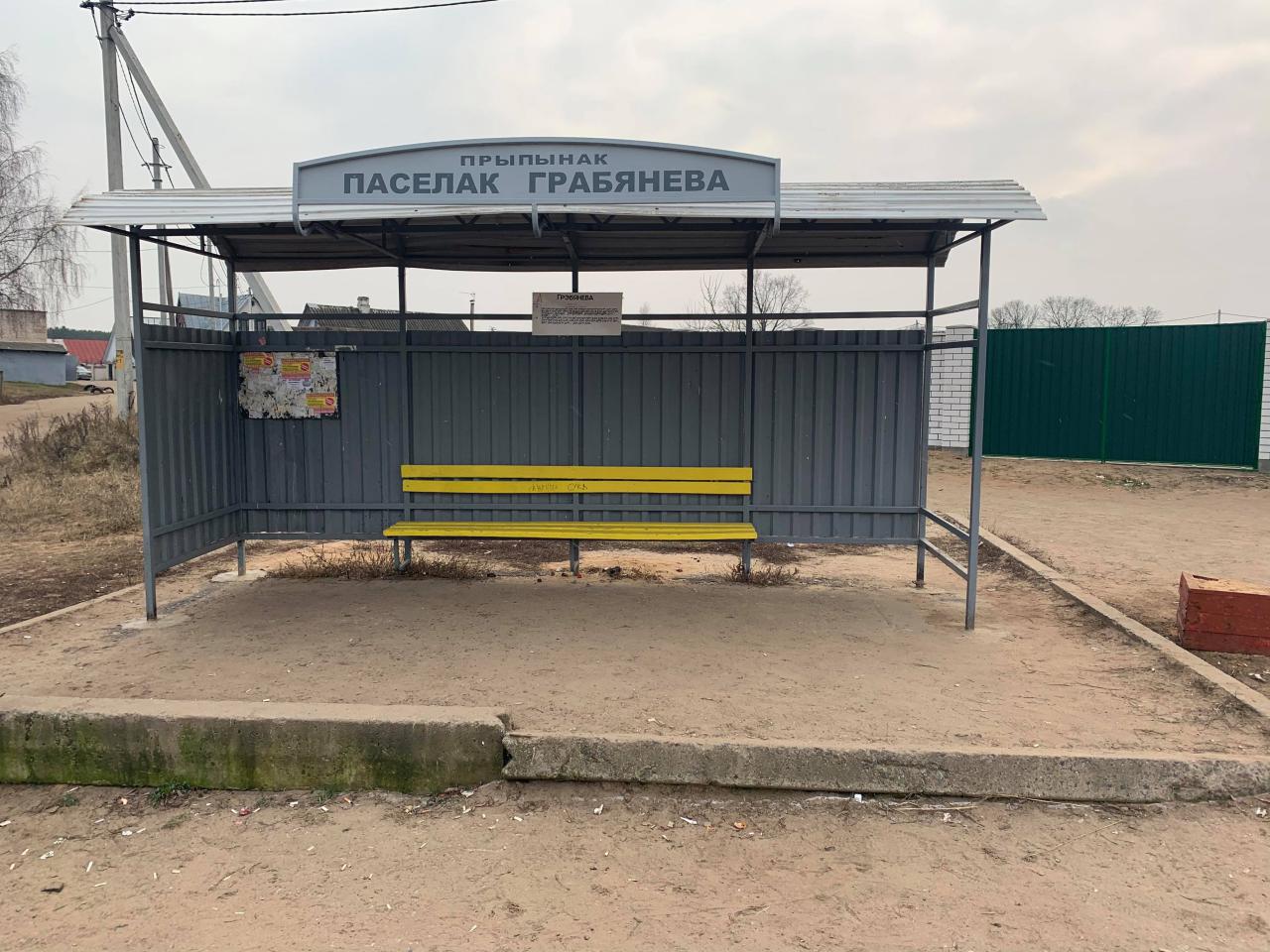
How do you manage to preserve your language and traditions? The Romani language is not taught at schools in Belarus. The last school was closed in Viciebsk in the 1930s.
We do not need a school. We know our language from home.
Orthodox icons can be seen in the best spots in Romani houses. Do Roma believe in God?
Naturally. If a Roma made a vow in church, one can trust his word,” says Jafim, adding that the local Orthodox church in Hrabianiova bought a baptism bath for his money.
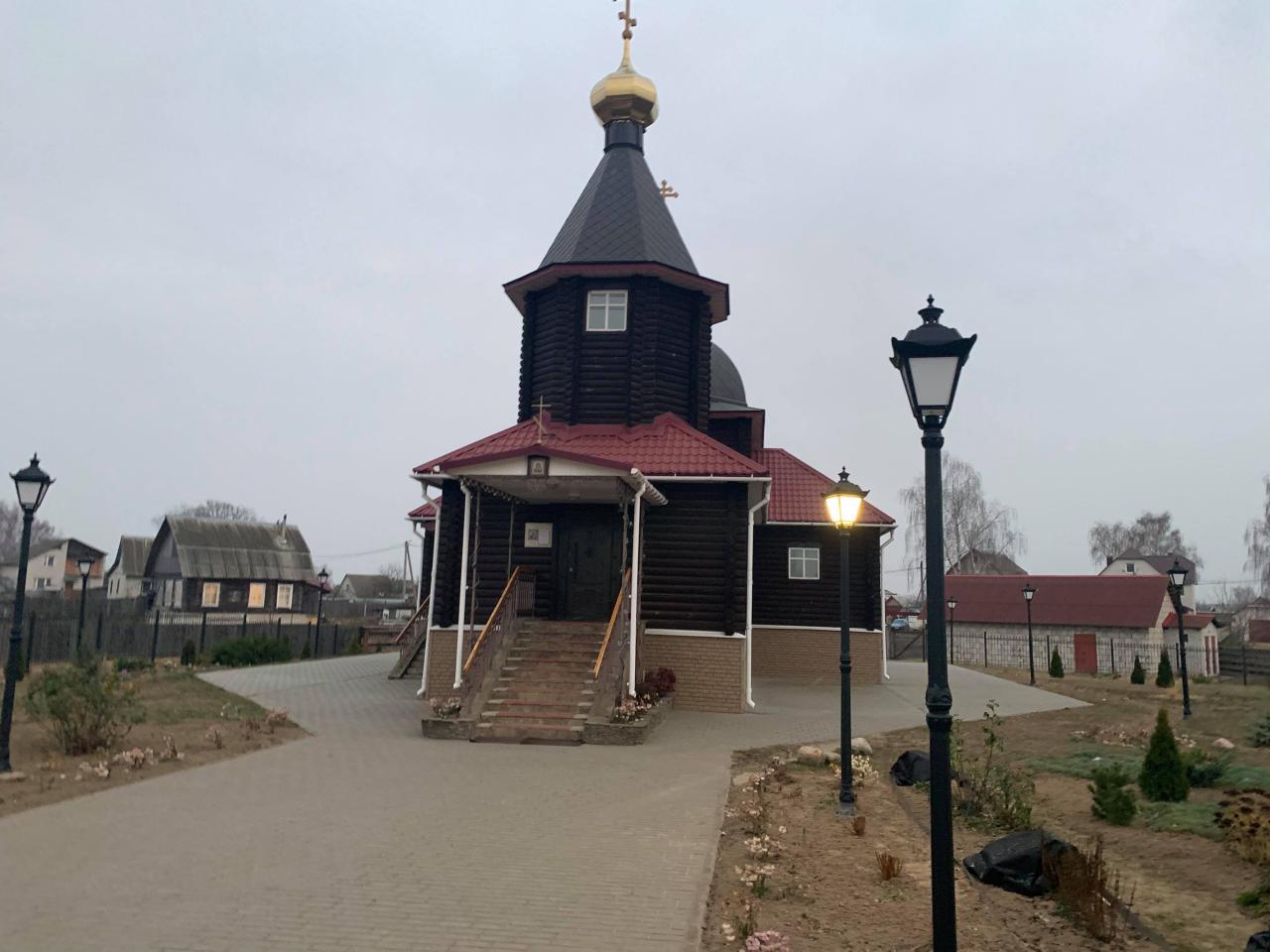
Before we say good-bye, we ask to take pictures because all of the other respondents refused earlier on that day. The baron’s son agrees and then picks the photo he clears for publishing: he looks important there.



